- Averaging — With this type of extensometer, knife edges are placed on opposite sides of the specimen to provide an average amount of strain between the two gauge points.
- Film Clamps — These spring activated clamps allow precise strain measurement of thin materials up to 3mm/0.125in thick, including plastics and foils, without marring the specimen. This option is only available for non-averaging extensometers and typically requires the use of a counterbalance to support the extensometer.
- Breakaway Release — This option is ideal for measuring strain on samples with brittle characteristics that may cause premature failure. It typically requires the use of a counterbalance to support the extensometer and is available for both averaging and non-averaging type extensometers.
- Sheet Metal Attachment — This option allows the extensometer to accommodate thin, flat specimens. Note that this option is only available for non-averaging extensometers and typically requires the use of a counterbalance to support the extensometer.
- Extension Bracket — This option allows the extensometer to be used with samples that are thicker than maximum opening of 16mm/0.625in on the standard model. There are three versions where an extension bracket allows the extensometer to be mounted on samples that are 25mm/1in, 50mm/2in or 75mm/3in thick. This option is only available for non-averaging extensometers.
- Pneumatic Release — This option is combined with a swing-away support and allows the remote release of the extensometer from the sample.
- Counterbalance Support – This option is used to support the extensometer and is commonly used when the extensometer is attached to small or fragile samples.





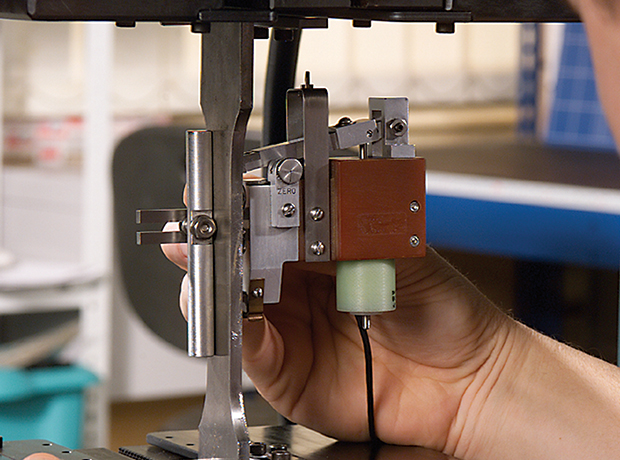
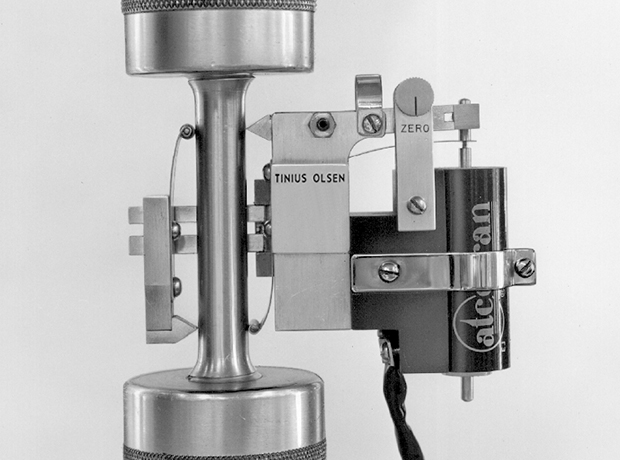
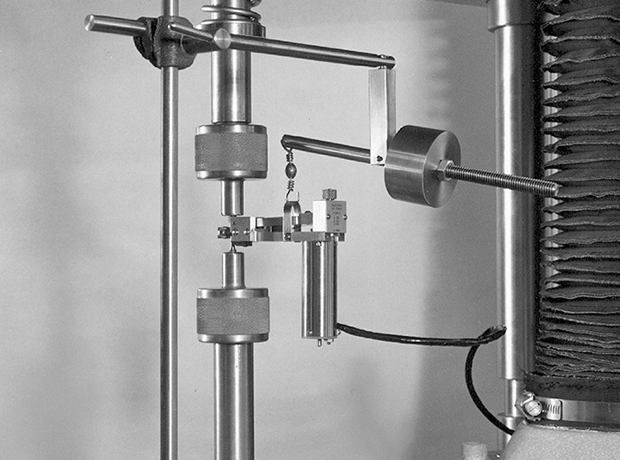
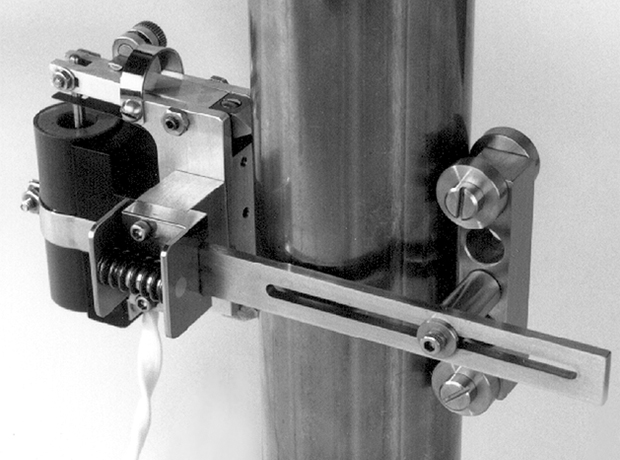



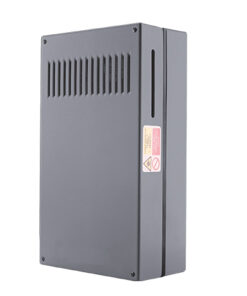
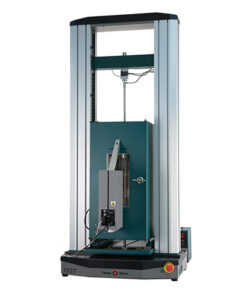
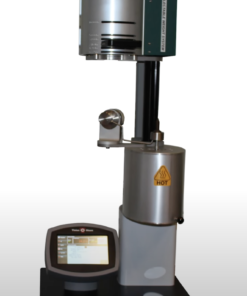

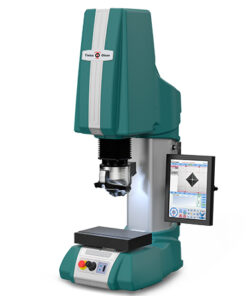
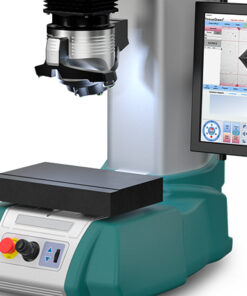
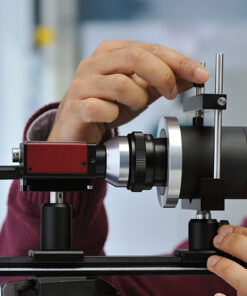
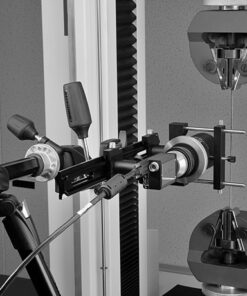
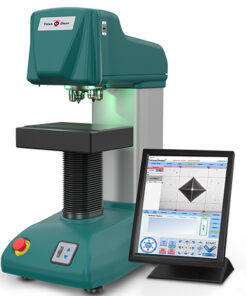
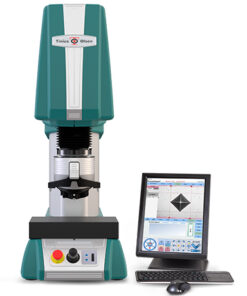
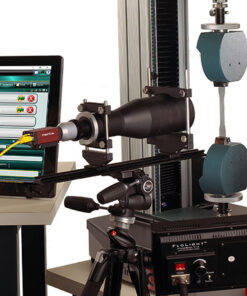
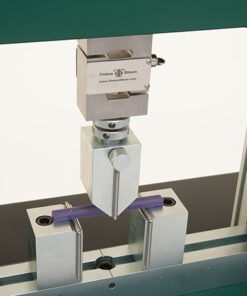
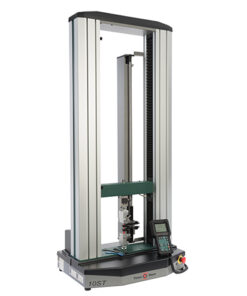
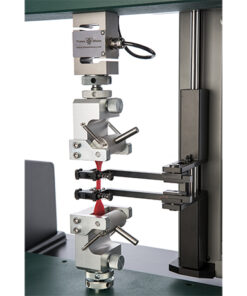
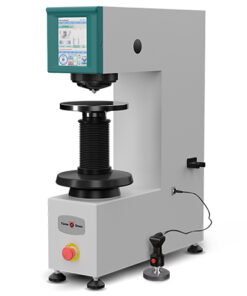
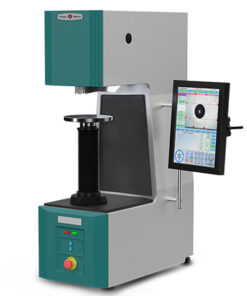

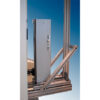

 VI
VI